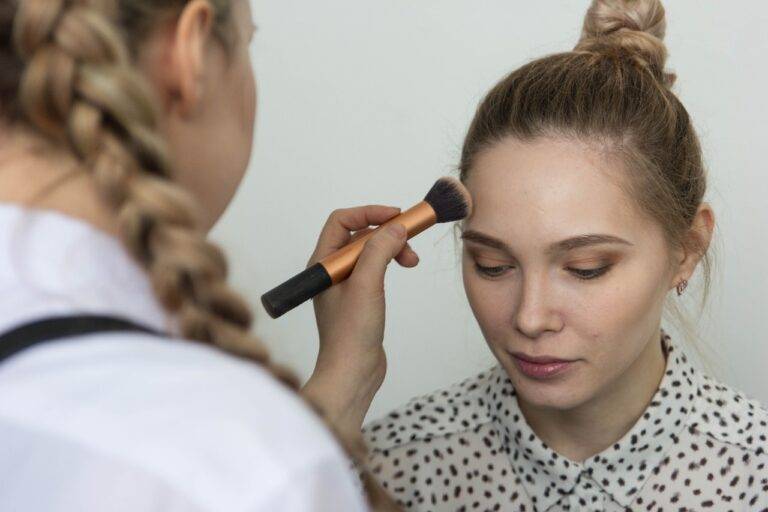Wine and the Senses: Exploring the Multisensory Experience of Wine Tasting: Betbhai9 whatsapp number, Radhe exchange register, My99 exch
betbhai9 whatsapp number, radhe exchange register, my99 exch: Wine and the Senses: Exploring the Multisensory Experience of Wine Tasting
If you’ve ever had the pleasure of attending a wine tasting, you know that it’s a sensory experience like no other. From the moment you take your first sip, your taste buds are flooded with complex flavors and aromas, your eyes are dazzled by the rich hues of the wine in your glass, and even your sense of touch comes into play as you feel the weight of the glass in your hand.
But wine tasting isn’t just about indulging your sensesit’s also a way to learn more about the wine itself. By engaging all of your senses, you can gain a deeper understanding of the wine’s characteristics and origins, as well as its potential food pairings and aging potential.
In this blog post, we’ll explore the multisensory experience of wine tasting and how each of your senses plays a key role in helping you appreciate the nuances of a great bottle of wine.
Sight: The first sense that comes into play when tasting wine is sight. Before you even take a sip, you can learn a lot about a wine by looking at its color and clarity. Red wines can range from deep purple to brick red, while white wines can vary from pale yellow to golden amber. The color can give you clues about the grape variety, age, and even how the wine was made.
Smell: Next, we have smell, which is perhaps the most important sense when it comes to tasting wine. When you swirl your glass and take a sniff, you’ll be greeted by a medley of aromas, from fruity and floral to earthy and spicy. By training your nose to detect these aromas, you can identify specific flavors and characteristics in the wine.
Taste: Of course, taste is a crucial part of the wine tasting experience. When you finally take a sip, your taste buds will be treated to a symphony of flavors, including sweetness, acidity, tannins, and alcohol. By paying attention to the wine’s balance and structure, you can determine whether it’s light-bodied or full-bodied, sweet or dry, and how well it pairs with food.
Sound: While it may not be as obvious as sight, smell, and taste, sound also plays a role in wine tasting. The sound of the cork popping, the wine being poured, and even the clinking of glasses all contribute to the overall experience. It sets the mood and adds to the enjoyment of savoring a great bottle of wine.
Touch: Last but not least, we have touch, which refers to the physical sensations you experience while tasting wine. This includes the weight of the glass in your hand, the temperature of the wine, and even the texture of the wine on your palate. Paying attention to these tactile sensations can enhance your overall appreciation of the wine.
In conclusion, wine tasting is a truly multisensory experience that engages all of your senses. By honing your ability to see, smell, taste, hear, and touch, you can deepen your understanding and enjoyment of wine.
Now that you know more about the multisensory experience of wine tasting, why not plan your next wine tasting adventure and put your senses to the test? Cheers!
FAQs
Q: What is the best way to enhance your sense of smell for wine tasting?
A: One way to enhance your sense of smell is by practicing nosing different aromas, such as fruits, flowers, spices, and herbs, before tasting wine. This can help you identify specific aromas in the wine more easily.
Q: How can I improve my palate for tasting wine?
A: To improve your palate, try tasting a variety of wines from different regions and grape varieties. Pay attention to the differences in flavors and textures, and practice describing what you taste in each wine.
Q: Are there any tips for beginners to enjoy wine tasting?
A: For beginners, it’s helpful to start with lighter-bodied wines and gradually work your way up to more complex wines. Don’t be afraid to ask questions and try new things. The key is to have fun and explore your own preferences.







